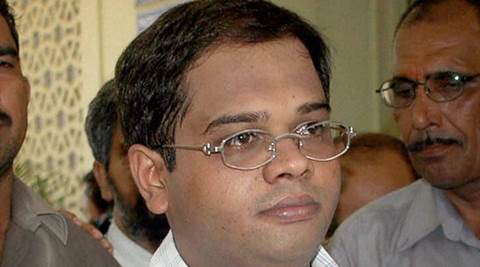
The Antagarh scandal appears to be moving towards some closure, with the Chhattisgarh unit of the Congress expelling sitting MLA Amit Jogi for six years and proposing a similar move against his father, former chief minister Ajit Jogi. The Election Commission (EC), too, has demanded an explanation from the state administration. However, Chhattisgarh cannot turn a corner without a similar response from the BJP. A cast of characters, that includes Chief Minister Raman Singh’s son-in-law Puneet Gupta, is purportedly heard in recordings of telephone conversations, as a result of which the by-election for the Antagarh assembly seat in Kanker district in August 2014 became a one-horse race. It is alleged that financial inducements were deployed and the Congress candidate withdrew at the last minute, giving the BJP candidate a walkover.
While the Congress in Chhattisgarh has asked for Raman Singh’s head, barring oblique references to the chief minister’s house, there is no evidence that the BJP paid to fix an electoral outcome. However, money appears to have changed hands, and it is beyond doubt that electorally, the BJP did benefit. While the dots have not been conclusively joined, the onus is now on the BJP to reassure the people of Chhattisgarh. Raman Singh’s administration was one of the flagship success stories of the BJP before the Modi wave swept away all competing narratives, and it must protect its reputation.